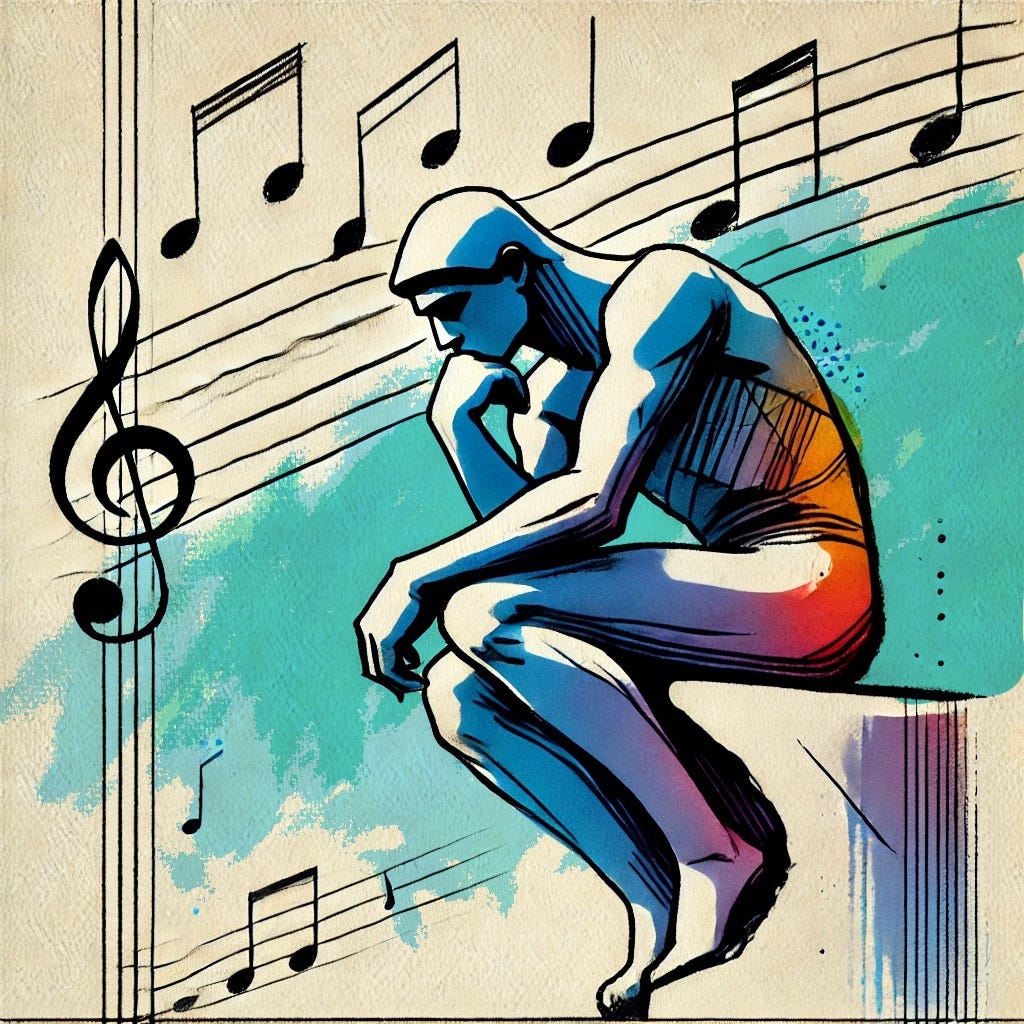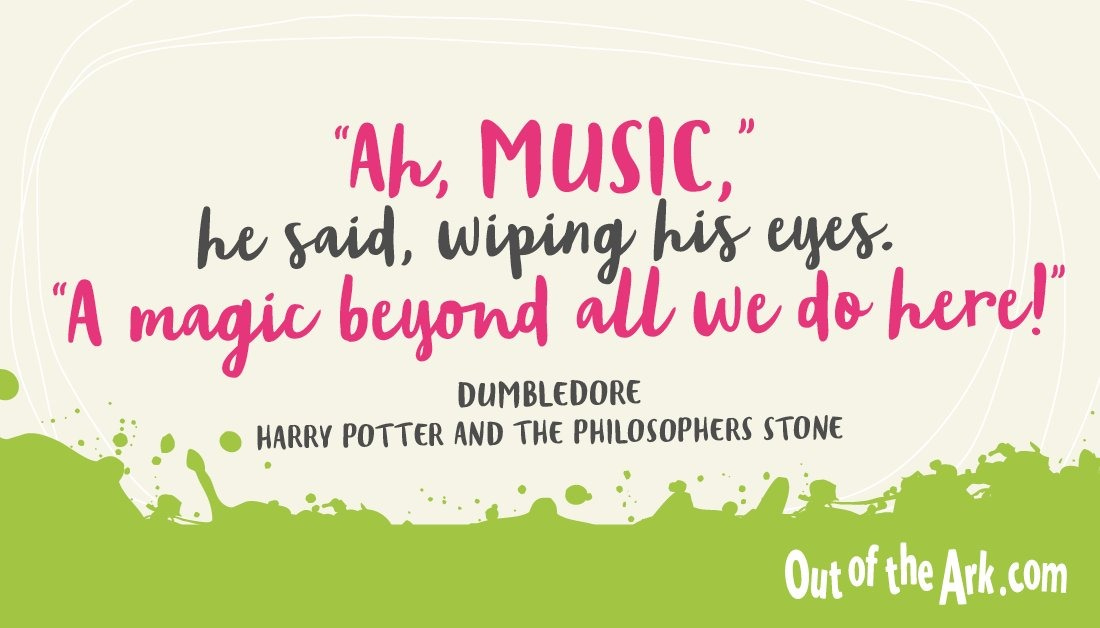I picked up a book last week — Raising Musical Kids: A Guide for Parents — and I’m not sure what to think about it.
It definitely comes well-recommended,1 and it’s full of useful advice for getting kids to, say, practice the piano… but I don’t think it does a good job of answering the most important question of all: why should kids learn music?
I was preparing to write a snarky review of it when I realized that I don’t really know how to answer that question myself. And I really ought to (for the Egan homeschooling book, if nothing else)!
So: I open up this question to y’all. While I’m at it, I’ll include my spitball half-answers.
1. Experiencing music offers unique pleasures
Dumbledore put it best:
Some might diminish this — we shouldn’t. Music is your birthright as a human (cats don’t enjoy it). And joy is key to a good life.
2. Listening to music makes other minds & cultures real to us
Egan’s beef against educational traditionalism was that it boils down the wonder of the world into dead bits of information. We’ve focused on how that works in science, but it’s true in history and geography, too: note how classical educators do a great job of helping kids learn the 🧙♂️NAMES and 🤸♀️LOCATIONS of countries, but sometimes fail to give a flavor for what they’re actually like.2
Music is a way to re-vivify the humanities. Connecting songs to geography and history lets kids sense the flavor of other people and places. It’s a way to make them real to us.
3. Studying music opens the door to musical theory
…and musical theory is a way to dive into fields like aesthetics, mathematics, and cognitive science.
Obviously, you can study those fields without music, but it’s easy for them to become dry and abstract. It’s helpful to remember that some of the fundamentals in these fields (I’m thinking of ratios) arose exactly to help us understand music!
Music can help restore the profundity to these realms.
4. Practicing music is a font of meaning
In Shop Class as Soulcraft, the philosopher/motorcycle mechanic Matthew Crawford writes that learning a skill gives us a satisfaction of meaning that nothing else quite matches. When we practice, we feel that we become more real.
Working hard at perfecting a piece of music (even a single stanza, sometimes even a single note) is a reliable way to achieve this.
5. Creating new music is a creative joy
And, as the math people say, it’s one with a “low floor” and a “high ceiling” — that is, creating music is an enjoyable challenge for a tone-deaf toddler, an accomplished performer, and everyone in between.
Okay. What do you think? What am I missing? What’ve been your own experiences with music that you’d love to be able to provoke in the others?
If getting John Williams to blurb your book doesn’t prove you’re winning at life, I’m not sure what would!
To be clear, memory work is a wonderful part of geography — Egan education includes it — it’s just not the most important part.







Practicing music isn't just a source of meaning, it's a source of somatic learning, or meta-learning, that is transferable to other domains of practice. It teaches you the effectiveness of spaced repetition; the importance of economy of motion in any somatic practice (useful for sports too, for example); the cultivation of focus on details of how a thing works and how you're interacting with it; and that's just a few obvious points off the top of my head.
Homeschooling mom, singer/songwriter, former music teacher, here, and I really love this article— the “Why” is SO important. Another “why” is, community connection— school/church/community choirs and orchestras offer the unique opportunity for individuals to work together in a corporate body—learning to blend in with a crowd while exhibiting their passion or gift of music in a less self-centered way, which is good for those who are prone to big-headedness as well as, those who are shy about performing.
Thought compelling! Thank you.